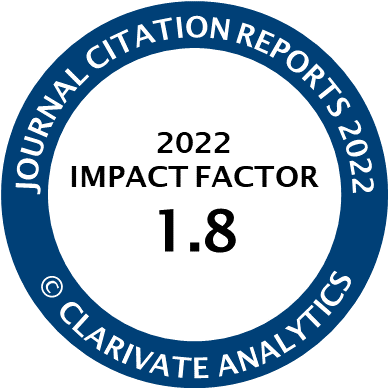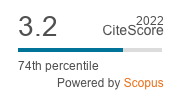Article | Open Access
Long-Distance Travel and the Urban Environment: Results from a Qualitative Study in Reykjavik
| Views: | 2100 | | | Downloads: | 1107 |
Abstract: A compact urban form has shown many benefits in efficiency. Yet multiple studies have found that residents of urban, dense, and centrally located areas travel more frequently than those living in suburbs, small towns, or the countryside. As air travel is already causing more emissions than ground transport in many affluent urban locations and is predicted to increase, this pattern could undermine efforts in climate change mitigation. Explanations of these patterns and motivations for long-distance travel connected to the built environment have been examined quantitatively before, but with inconclusive answers. We studied this topic qualitatively in Reykjavik, Iceland, offering an in-depth perspective through semi-structured interviews. Results showed various links between the urban environment and long-distance travel. Some indications of compensatory travel behavior emerged, particularly connected to a lack of quality green areas, hectic urban life, and commuting stress. Compensatory trips were typically domestic. Furthermore, residential preferences seemed connected to leisure travel preferences—living in green neighborhoods was connected to more domestic travel to nature. The results show there are more factors for ‘escape’ trips than urban density and lack of green spaces. Examples of car-free lifestyles hindering domestic leisure travel were also found. Our study shows how a qualitative approach offers nuanced insight into the travel motivations of urbanites. Considering our results and travel motivation literature, the compensation hypothesis appears to be an overly narrow theoretical framing. Our study supports the conclusion that planning policies should aim at reducing car-dependence. Further research is needed for specific policy recommendations.
Keywords: climate change; compensation hypothesis; Iceland; long-distance travel; Reykjavik; tourism; travel motivation; urban environment
Published:
Supplementary Files:
© Johanna Raudsepp, Áróra Árnadóttir, Michał Czepkiewicz, Jukka Heinonen. This is an open access article distributed under the terms of the Creative Commons Attribution 4.0 license (http://creativecommons.org/licenses/by/4.0), which permits any use, distribution, and reproduction of the work without further permission provided the original author(s) and source are credited.




